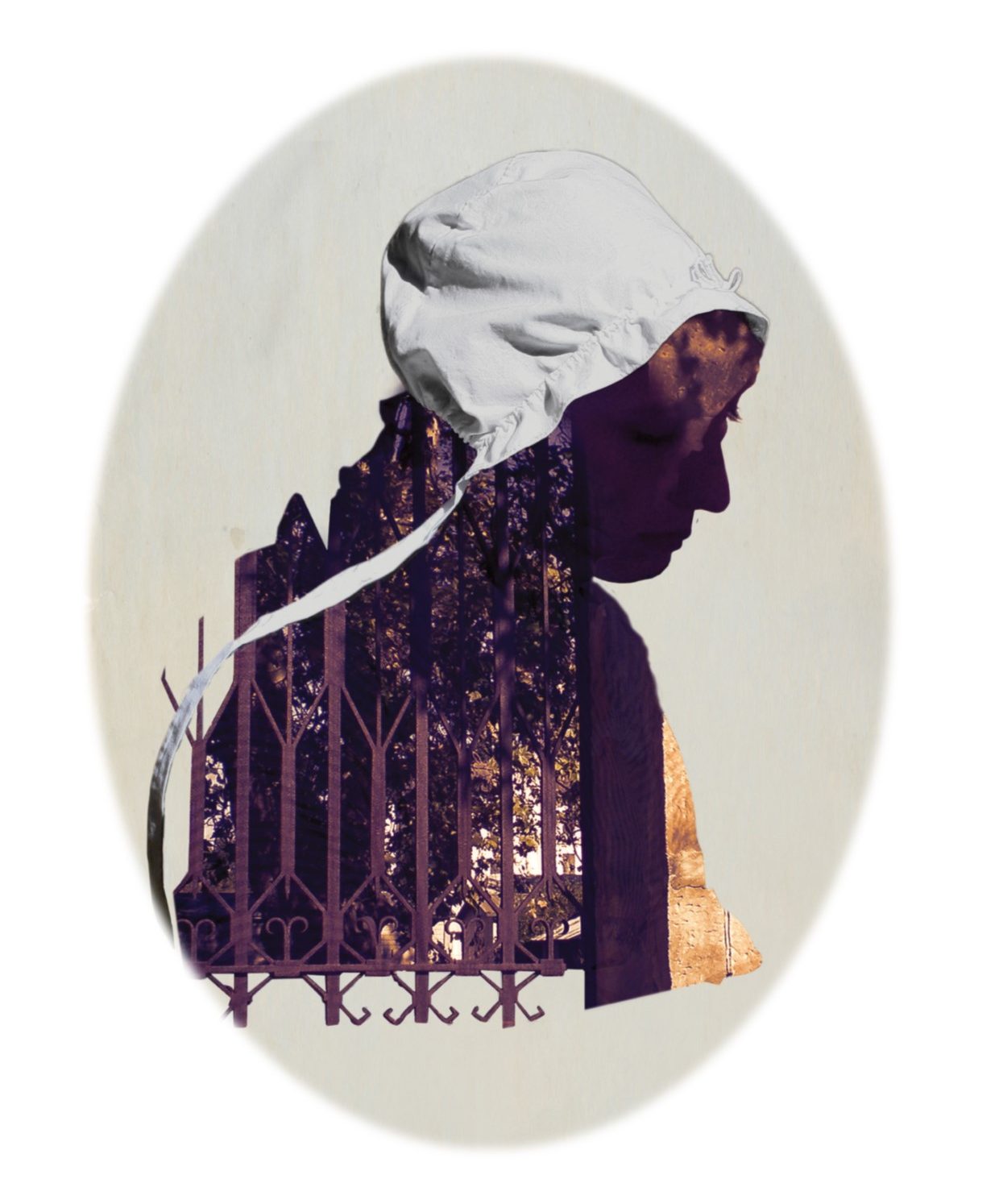
The Factory management consisted of the Committee of Management, a Superintendent, sometimes Deputy Superintendent, visiting doctor, Matron and duty constables.
There were also sub-matrons, turnkeys, clerks, master weavers, porters and roles relating to the maintenance of the establishment and the manufacturing.
Staff included Samuel Marsden, George Mealmaker, Francis Oakes , William Tuckwell, Elizabeth Falloon, Matron Anne Gordon. Matron Leach and John Clapham (these last two who were staff members recommended by Elisabeth Fry. There were also sub-matrons, turnkeys, clerks, master weavers, porters and roles relating to the maintenance of the establishment and the manufacturing.
Marsden was the head of committees for the first and second Parramatta factories. He disliked the women but is to be acknowledged for his advocacy for better factory conditions through his association with Quaker, Elizabeth Fry.
George Mealmaker was a master weaver convicted for sedition (writing pamphlets for the Scottish martyrs) and, when the Colonial appointed master weaver fell overboard on the way out, he was employed as Parramatta’s first factory superintendent.
Anne Gordon was matron of the second Parramatta female factory for 9 years, the highest paid female public servant in the Colony and received possibly the first retrenchment package (because of her husband’s inappropriate behavior towards the factory women). She was also the catalyst for the first of five known factory riots.
Francis Oakes was a Parramatta police superintendent, local businessman and 3rd Factory superintendent. Oakes daughter, Mary was brought up around the Parramatta Female Factory. She married John Hutchinson, superintendent of Cascades Female Factory and became the matron of the Cascades and later Launceston Female Factories.
Others were also involved in the factory such as followers of Elizabeth Fry like Charlotte Anley and the Sisters of Charity who came to the Colony specifically to work with the female factory women. Sister Xavier Williams in particular was appreciated by the factory women and they made her an appliqué from factory cloth to celebrate communion at the factory.

You must be logged in to post a comment.